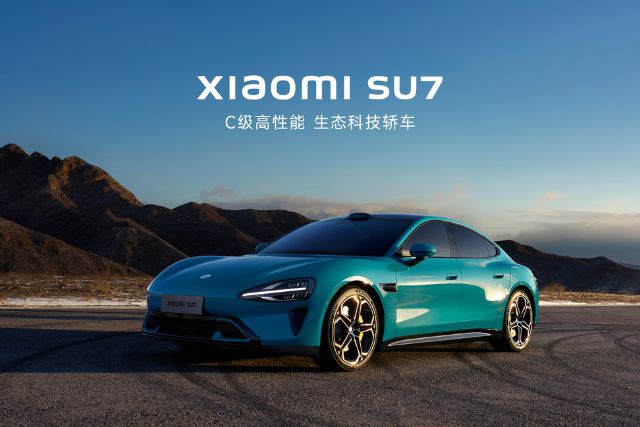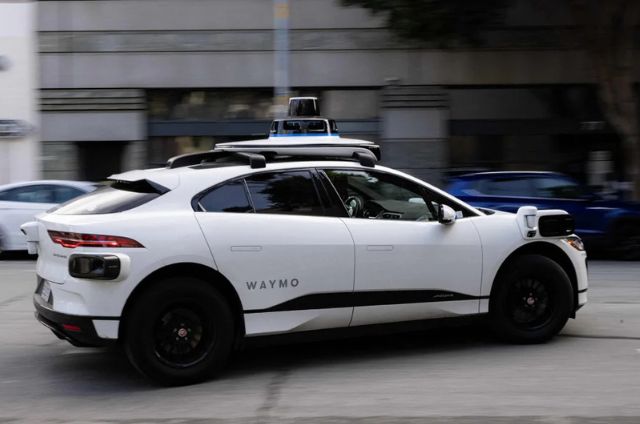Xiaomi, the tech giant known for its smartphones and AIoT devices, has posted impressive third-quarter earnings for 2024, surpassing analyst expectations largely due to the rapid growth of its electric vehicle (EV) business. The company’s increasing investments in smart EVs, particularly the SU7, have played a crucial role in this success.
For Q3 2024, Xiaomi Corp. reported total revenue of RMB 92.5 billion, marking a 30.5% year-over-year increase. The performance was better than anticipated, thanks to strong contributions from its smartphone and AIoT segments, which grew by 16.8%, reaching RMB 82.8 billion. However, the most remarkable growth came from the electric vehicle sector, which generated RMB 9.7 billion in revenue.
Rising EV Sales Propel Xiaomi’s Success
Xiaomi’s entry into the electric vehicle market has been a game-changer. The company delivered 39,790 Xiaomi SU7 units in Q3 2024, reaching a total of 67,157 units by the end of September. This upward trajectory has continued into October, with over 20,000 SU7 vehicles delivered that month alone.
With the demand for Xiaomi’s electric cars on the rise, the company has revised its delivery target for 2024, now aiming for 130,000 vehicles. This aggressive target reflects Xiaomi’s ambitious plans to carve out a larger share in the burgeoning electric vehicle market.
Xiaomi has made it clear that it is not just dabbling in the EV market. The company advances its electric vehicle offerings, with a focus on full-stack, in-house technology R&D. This strategy aims to enhance the intelligent driving experience of its users, positioning Xiaomi as a key player in the automotive tech space.
On October 30, 2024, Xiaomi announced the rollout of the City Navigate on Autopilot (City NOA) feature for all users of the Xiaomi SU7 Pro and Xiaomi SU7 Max in mainland China. This marks a significant milestone in Xiaomi’s push towards autonomous driving technology.
Additionally, the company plans to introduce the pioneer version of its Hyper Autonomous Driving (HAD) solution by the end of December 2024. This new feature will bring full-scenario autonomous driving to its customers, further cementing Xiaomi’s commitment to innovation in the EV sector.
Financial Overview of Xiaomi
Xiaomi’s success in Q3 2024 also highlights the growing importance of its diversified portfolio. The adjusted net profit for the quarter saw a 4.4% year-over-year increase, reaching RMB 6.3 billion. Despite the growing losses in the EV and new initiatives segment — which recorded an adjusted net loss of RMB 1.5 billion — the overall performance has been positive.
Looking ahead, Xiaomi is focused on building out its EV ecosystem and positioning itself as a leader in smart mobility. The company is not only working on hardware but also developing a range of software solutions to enhance the driving experience, leveraging its expertise in AI and IoT to create more connected and autonomous vehicles.
The global electric vehicle market is experiencing rapid growth, and Xiaomi is strategically positioning itself to take advantage of this boom. With major automakers focusing on electrification, the competition is fierce, but Xiaomi’s edge lies in its ability to integrate smart technology seamlessly into its vehicles.
The company’s strong presence in the consumer electronics market, combined with its established AI and IoT capabilities, gives Xiaomi a unique advantage in creating intelligent, connected vehicles. The demand for EVs with cutting-edge technology continues to rise, and Xiaomi’s entry into this market gives it the potential to become a significant player.
What to Expect in 2025?
As Xiaomi ramps up its EV production and continues to innovate in the space, the next few years are expected to bring even more ambitious developments. The launch of the Hyper Autonomous Driving (HAD) system by the end of 2024 marks just the beginning of Xiaomi’s broader ambitions for intelligent driving.
Furthermore, with a focus on affordable, feature-rich vehicles, Xiaomi is positioning itself as a strong competitor to other tech-driven automakers, including Tesla and BYD, in the race to dominate the electric vehicle sector.
In just one year, Xiaomi’s EV division has shown exceptional growth. The rapid success of the Xiaomi SU7 and the launch of its more premium models have positioned the company for continued success in the EV market. The delivery of 67,157 SU7 units by September 2024, combined with the updated target of 130,000 vehicles for the year, reflects both strong demand and Xiaomi’s growing presence in the sector.
With its continued investments in full-stack technology R&D and its drive towards creating a connected, intelligent driving experience, Xiaomi is poised to redefine the future of mobility. The Xiaomi SU7, with its City NOA feature, is just one example of how the company is blending AI and smart technology with traditional automotive design.



